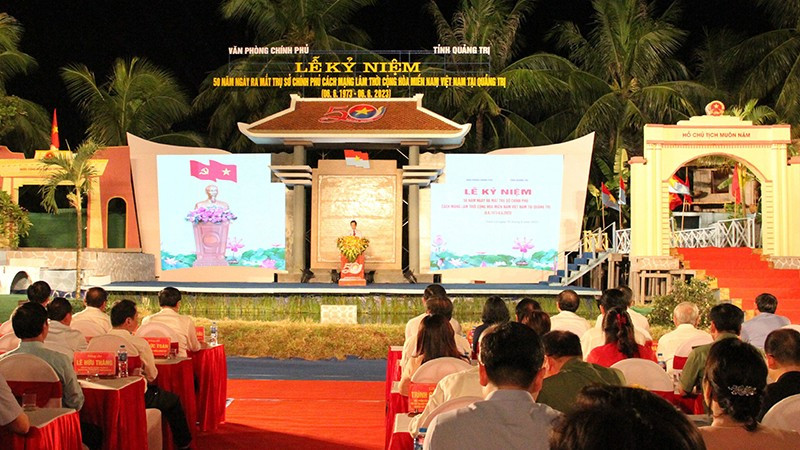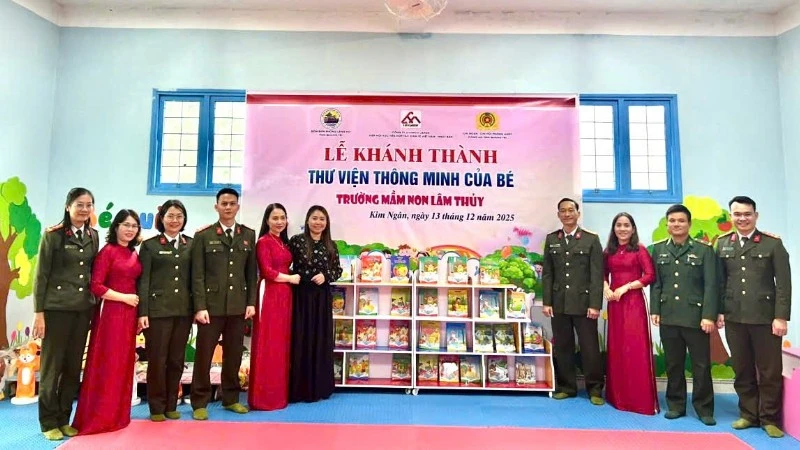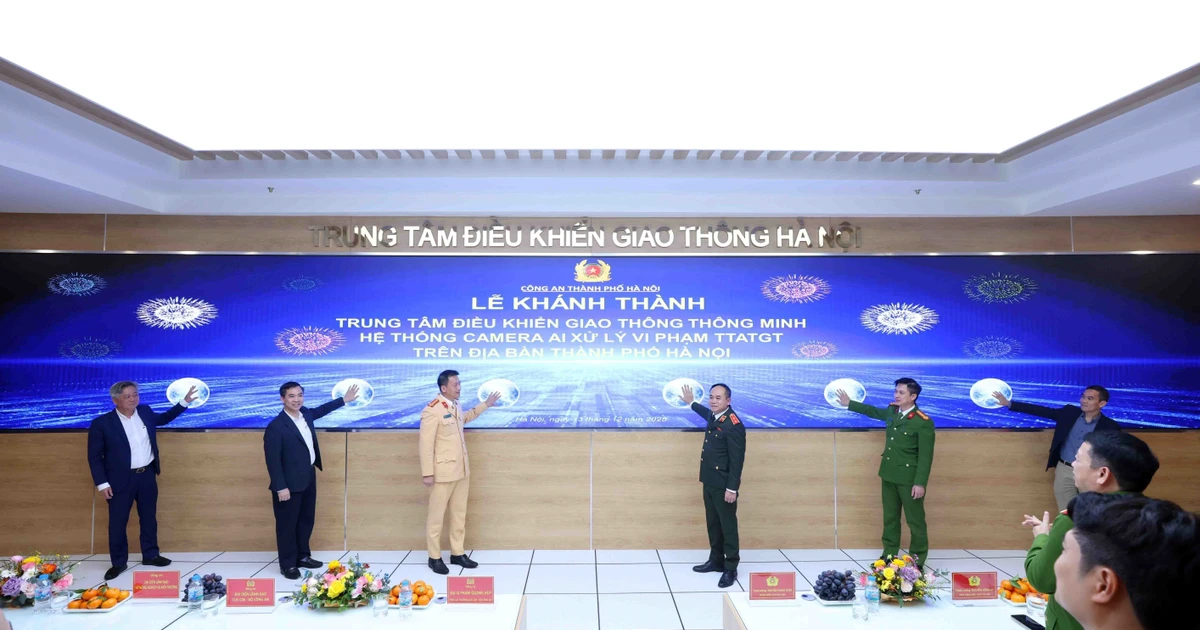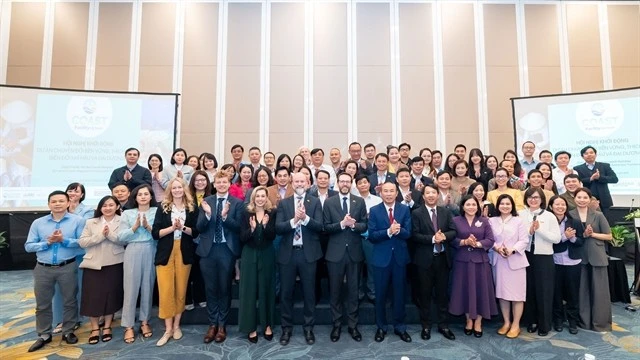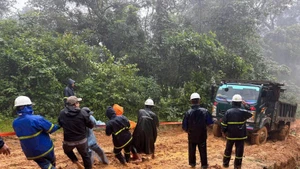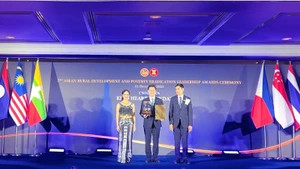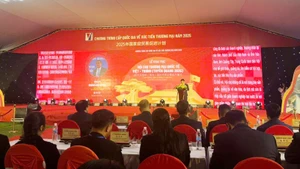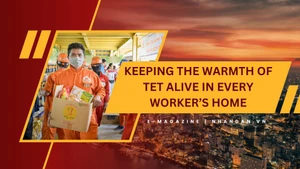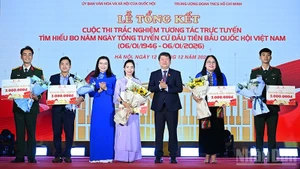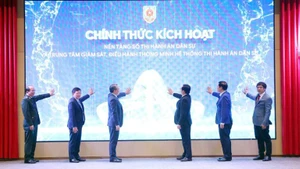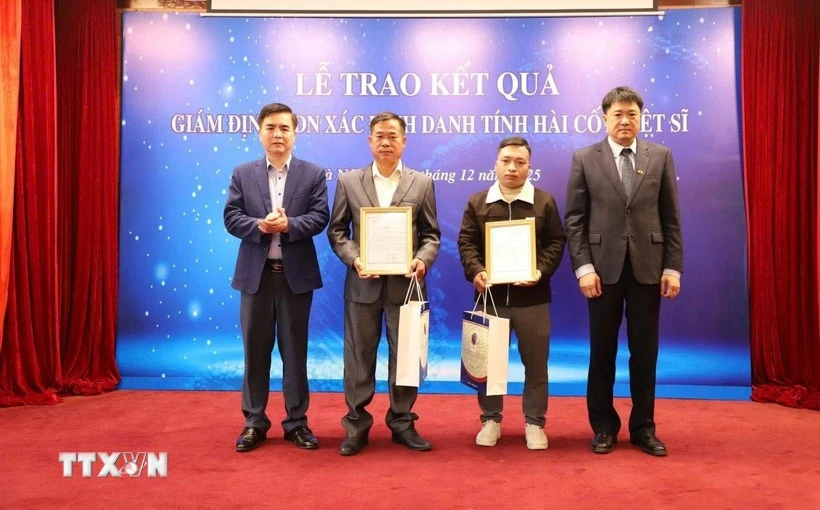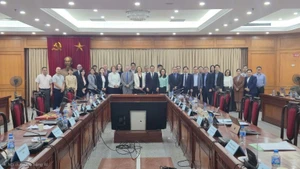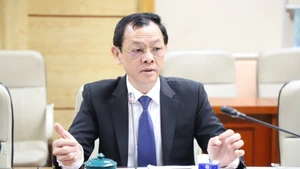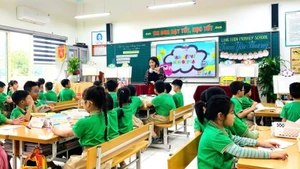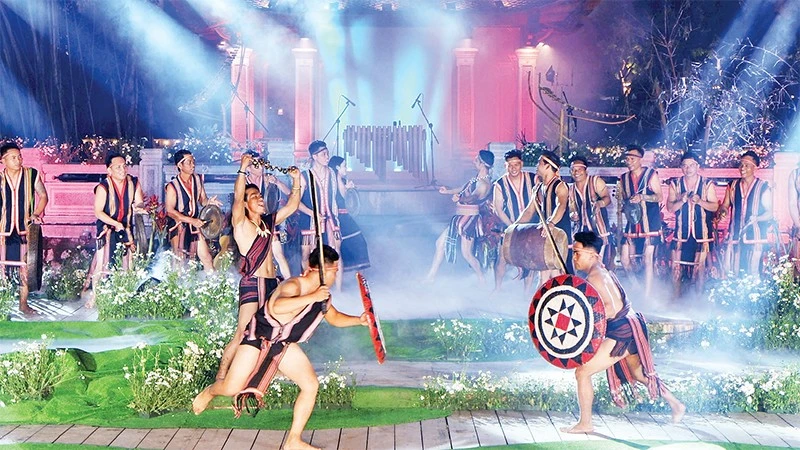The construction of the headquarters of the Provisional Revolutionary Government of the Republic of South Vietnam began on May 6, 1973, and was completed a month later.
The site was where the Provisional Revolutionary Government of the Republic of South Vietnam made its debut in the presence of tens of thousands of local people and soldiers in Quang Tri alongside representatives from 19 countries and many foreign journalists.
At the location, the Provisional Revolutionary Government also welcomed a number of state leaders, including late Cuban President Fidel Castro and Head of the French Communist Party Georges Marchais.
The site was recognised as a national site by the Ministry of Culture, Sports and Tourism in 1991.
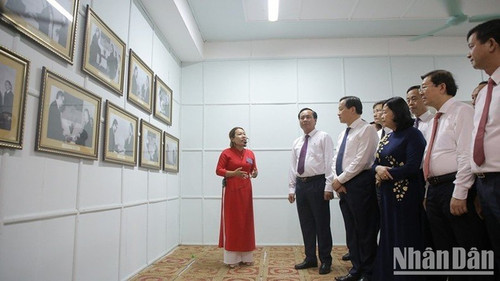 |
| Deputy Prime Minister Le Minh Khai and delegates visit the headquarters of the Provisional Revolutionary Government of the Republic of South Vietnam. |
Speaking at the ceremony, Deputy Prime Minister Le Minh Khai affirmed the position, role, importance, and great significance of the Provisional Revolutionary Government of the Republic of South Vietnam during its operation at Cam Lo in the struggle for national liberation and unification.
He also hailed the efforts and achievements of the Party Committee, authorities, army, and people of Quang Tri Province in socio-economic development in recent years.
He asked the province to further promote the heroic historical tradition, unlock its potentials, and seize opportunities for further development.
He also stressed the need for harmonising economic development with socio-cultural development and preserving revolutionary historical relics in order to educate the young generation on the country’s patriotic and heroic traditions.
